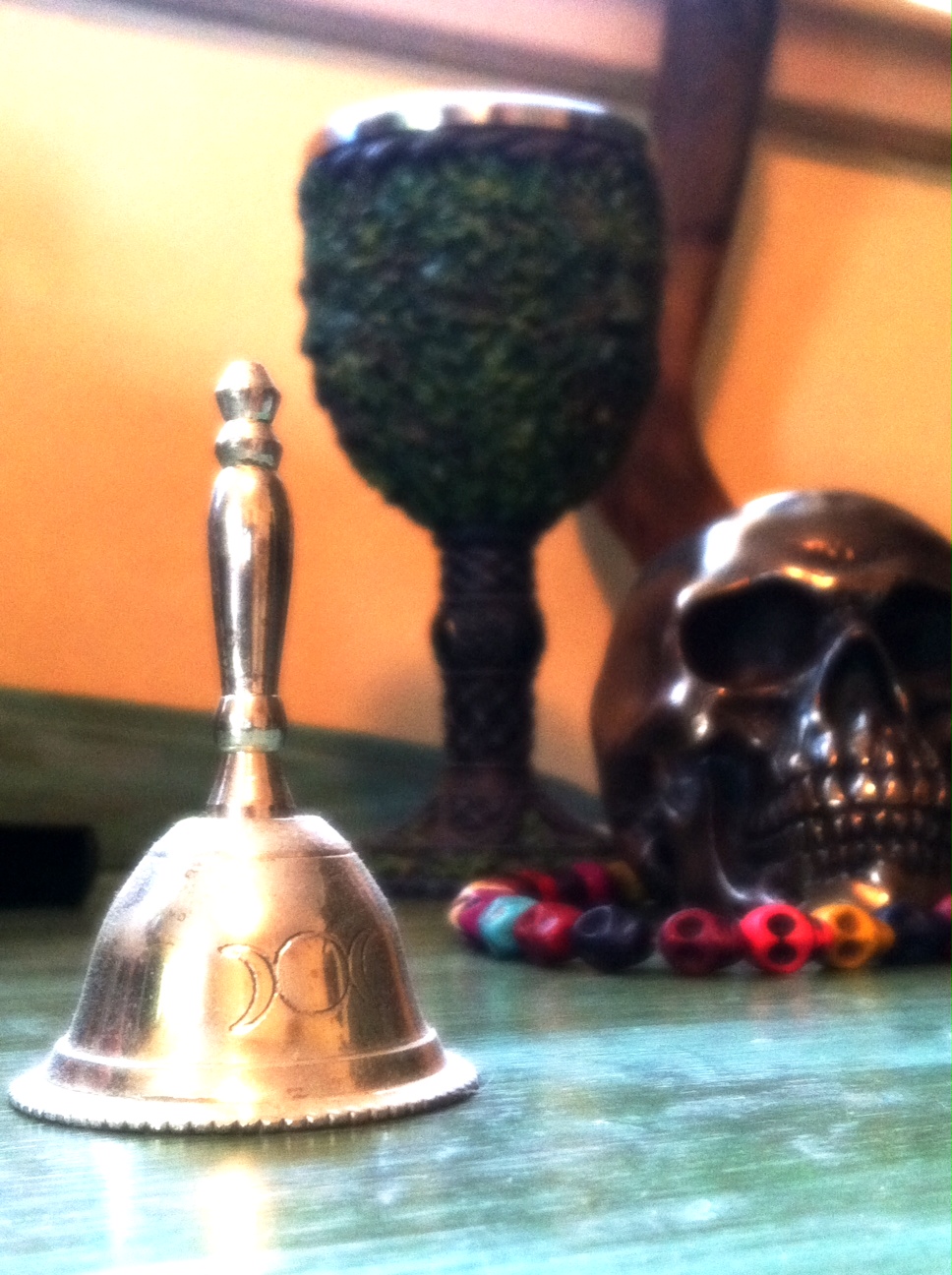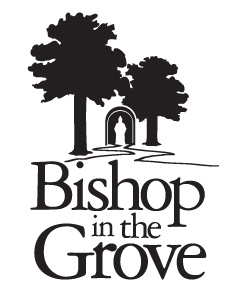Tag: Offerings
-

Druid Rituals For Dummies
I’ve written a great deal about my daily practice on this blog. There have been periods of prolonged drought, periods of genuine doubt, and times when I felt like my daily practice was all that was keeping me invested in my Druidism. In my ADF Dedicant studies (which will be a central focus for me […]
-

The Offerings of Man, the Obligations of Gods
I approach my home shrine in the morning and prepare my offerings. Into three small, porcelain sake glasses, which were given to me by my stepfather, I pour a small bit of sugar, oats, and oil. These were the foods that made the most sense to me, although I’m not sure why. Whether I’m clothed […]
-

WARNING: Call on a God, and He just might show up.
I drove an hour to Malibu for my Spring Equinox ritual. The location was a secluded, public beach called “El Matador.” The site opened at 8, and I arrived just a few minutes after the top of the hour. I followed the dirt trail down the edge of the cliff side, wearing jeans and work […]
-
A Response to “Omens and Tarot”
This post is a response to the blog post “Omens and Tarot”, posted yesterday on Grey Wren’s Flight (http://greywren.wordpress.com)
-
The Kindred Speak Through the Tarot
I don’t normally share the details of my daily meditation outside of one of my weekly recaps. But today, I’m making an exception.
-
My Heart Is Your Hearth: Imbolc 2011
Imbolc is a High Day where we acknowledge and honor Brighid, yes. But, I think it is also an opportunity to acknowledge and honor all of the qualities which She represents in us.
-
Daily Devotionals: Getting off the page
Reading a ritual off a page is awkward. The words are missing the fire of inspiration, at least that’s how it felt to me on my first and second day of my morning devotional. Today, I made a change.
-
Sincerity in the Face of Drought
When I was a part of the Christian church, I was called to have faith in my beliefs. That faith was offered up as a bit of sustenance to get me through spiritual drought. I’m reminded of that drought now, but what I’m experiencing these days is less an absence of spirit and more an absence of community.


